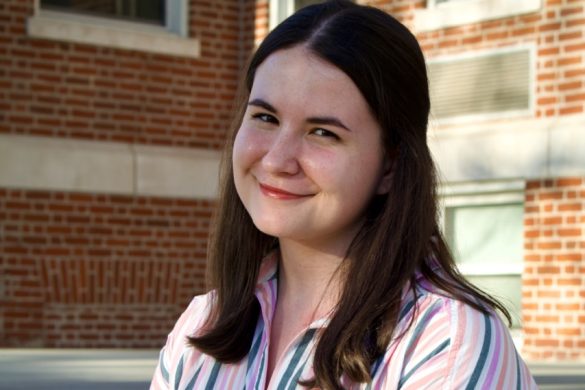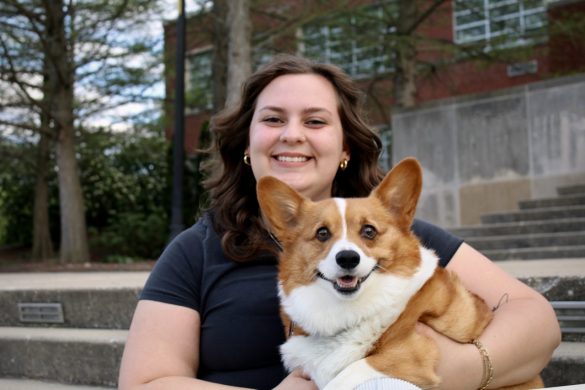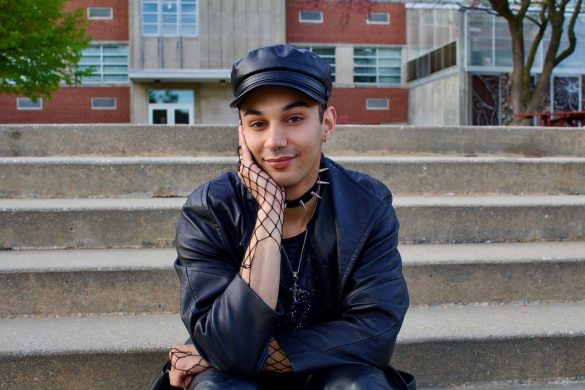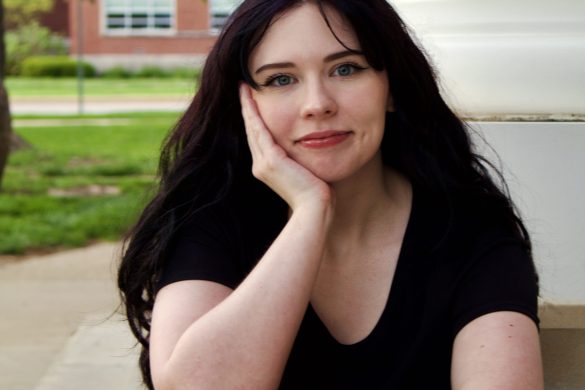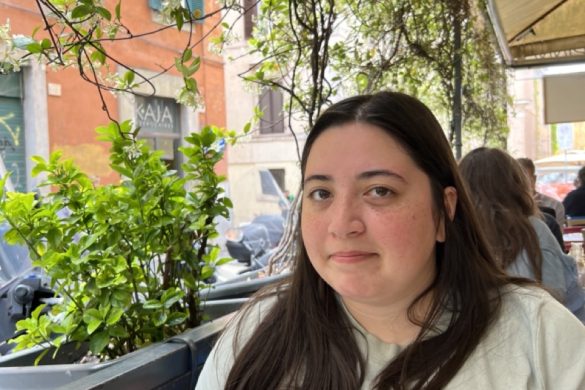In the wake of Brett Kavanaugh’s hearing and eventual confirmation to the Supreme Court, social media has left behind a winding, often diverging trail of questions, notably regarding accuser Christine Blasey Ford. The majority of these questions can be boiled down to the following one: What, in this scenario, is to be believed—Kavanaugh’s emotional denials, or Ford’s chilling testimony? According to the New York Times, the historical stance unfortunately has been to doubt sexual harassment allegations from women. However, in the midst of the #MeToo movement and the subsequent #WhyIDidn’tReport, a war cry has arisen among modern female survivors: Believe all women.
Despite being an empowering statement, especially after years of systemic, patriarchal oppression, there are some reasonable skeptics wondering where to draw the line. The unfortunate reality is that some female accusers lie about their experiences, ruining the credibility of actual survivors and placing the accused in potential jeopardy. In a society filled with harassers, liars, supporters and skeptics, the middle ground seems almost impalpable—almost.
The negative consequences of speaking out about harassment outweigh the potential ‘fame.’
In reality, the evidence and years of historical misogyny may make the line unexpectedly clear: Believe all accusers of sexual harassment and assault, unless there is a compelling reason not to. This is not a legal precedent, but a moral one, and it makes sense.
Skeptics of the #MeToo movement have been vocal about their criticisms, noting that some women may make false accusations toward celebrities for fame, fortune or glory. This, however, is logically flawed. As an article from The Humanist titled “Skepticism—and What It Means to Believe Accusers” points out, survivors of sexual harassment or assault who do find the courage to speak out, end up publicly “disbelieved, victim-blamed, trivialized, harassed, threatened, and even assaulted again.” Mental Health America notes that sexual trauma can have a serious impact on mental health, including depression, Post Traumatic Stress Disorder and anxiety among other consequences. Furthermore, according to Pacific Standard, research has found that few rape allegations are false, especially considering that so many incidents go unreported out of fear.
In short, the negative consequences of speaking out about harassment—especially speaking out against a celebrity—far outweigh the potential “fame.” It takes a huge amount of courage to overcome the trauma of sexual harassment or assault once—but to relive it again and again for the sake of other survivors is an act of martyrdom. Those survivors who are brave enough to speak out do so for the sake of past, present and future survivors, often risking everything for, potentially, nothing. Yes, liars concocting fake allegations do exist, but reassuringly, according to Vox News, false accusations are easily caught, and rarely make it far in the judicial system.
Logically and morally, believing survivors, unless given a good reason not to makes the most sense. If we are to fix a culture deeply rooted in female subservience, inclined to doubt women in the face of abuse or trauma, we must start with ourselves, by believing these survivors, within reason. To disbelieve someone who has gone through such a traumatic event with no basis for doing so is cruel and, frankly, reprehensible.
At the end of the day, Ford will go back to teaching, one of her most traumatic experiences permanently publicized. She is left only with the small hope that her bravery will eventually make a difference to future survivors. Meanwhile, Kavanaugh sits in one of the most powerful positions in the nation.
This exhausting cycle, in which a survivor comes home defeated and the accused stands invincible, is worryingly common. But thanks to modern movements such as #MeToo and #BelieveWomen, perhaps some progress can be made to reverse those roles, after many years of women being told to keep quiet. As poet and author Blythe Baird puts it, “Is silence not an act of violence, too?”

